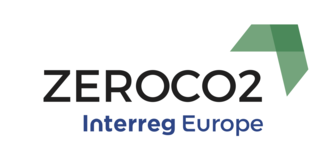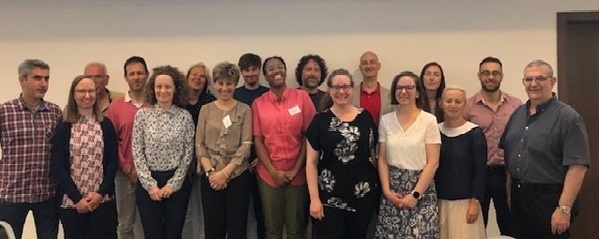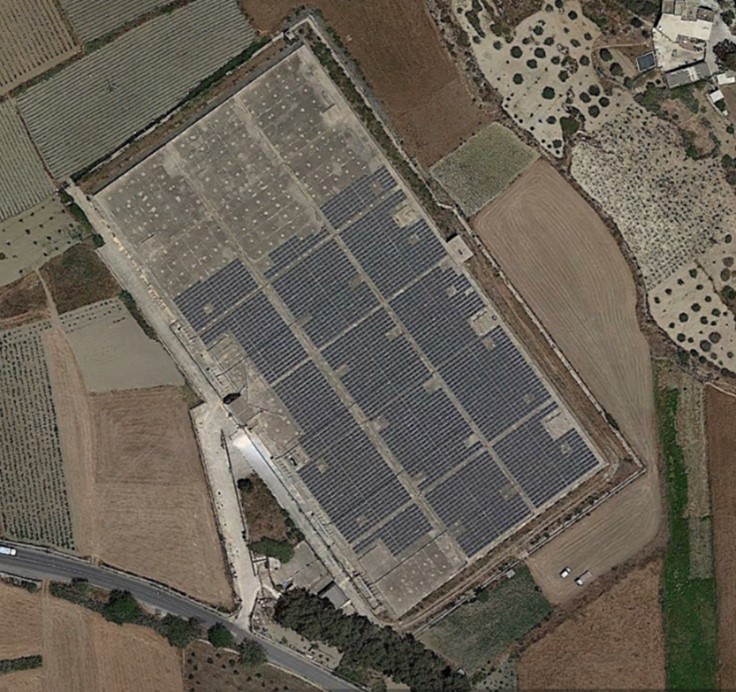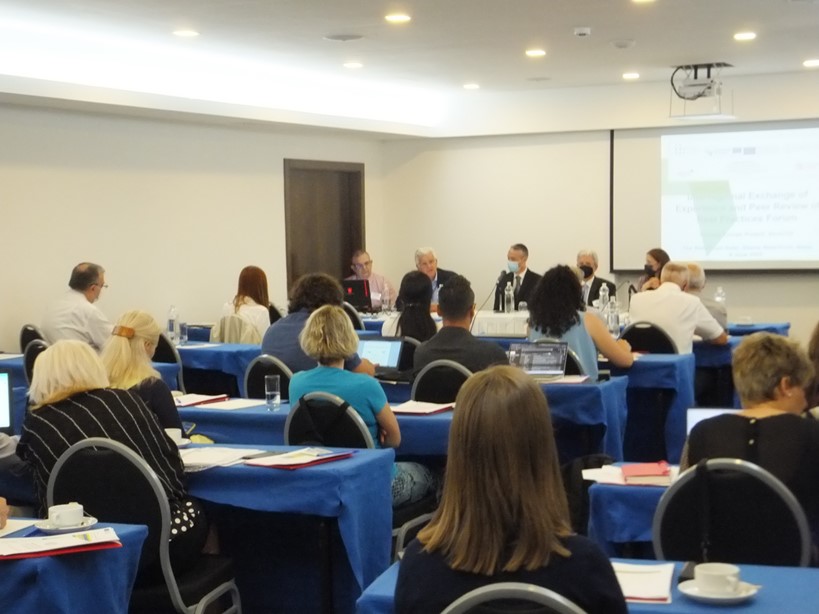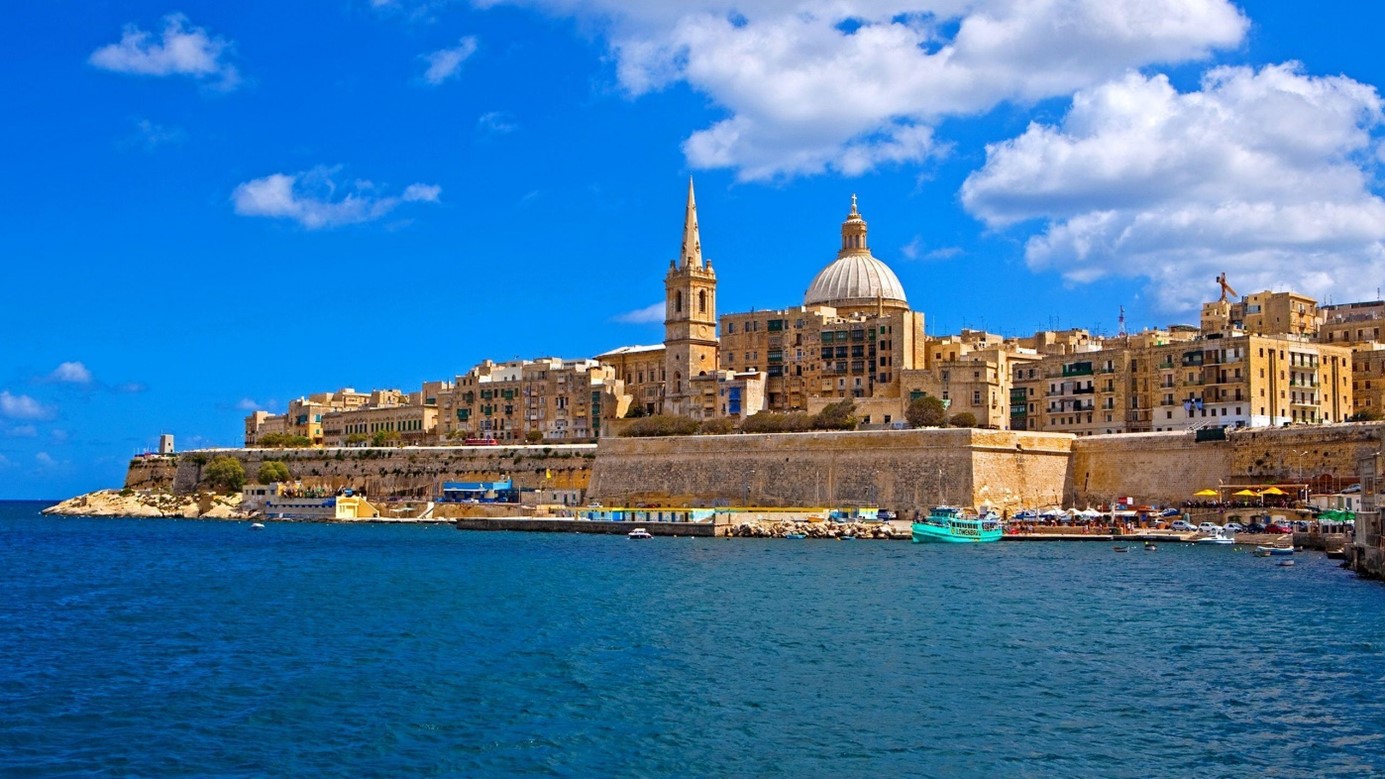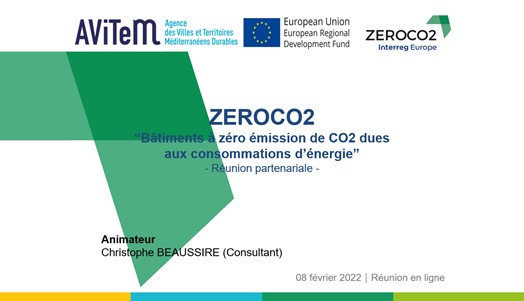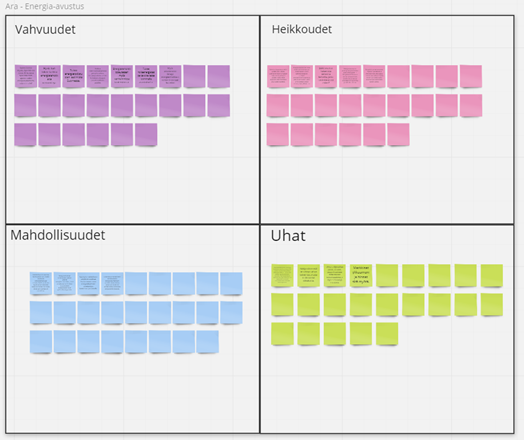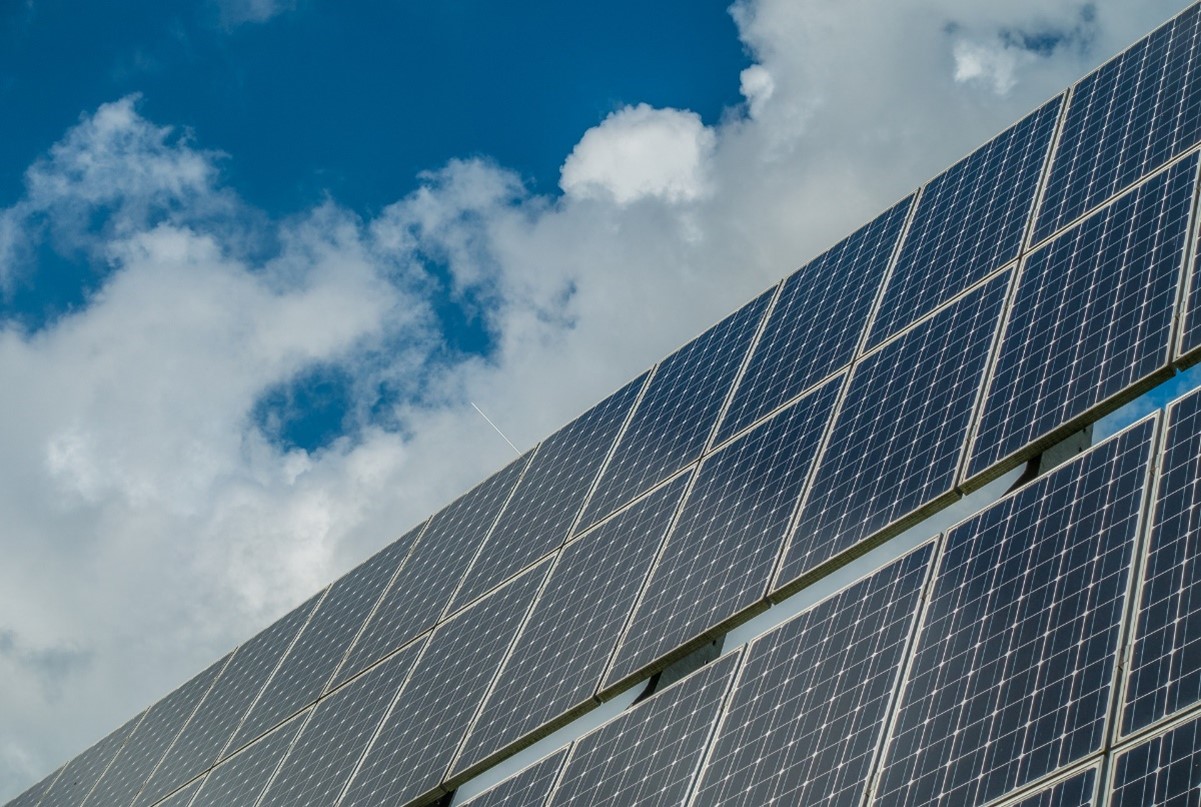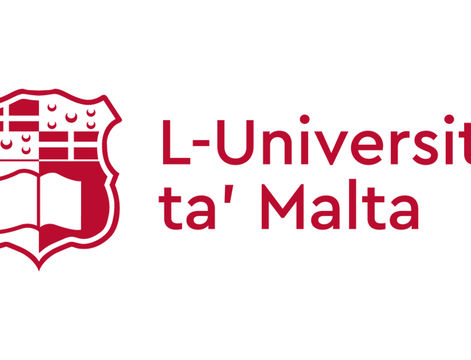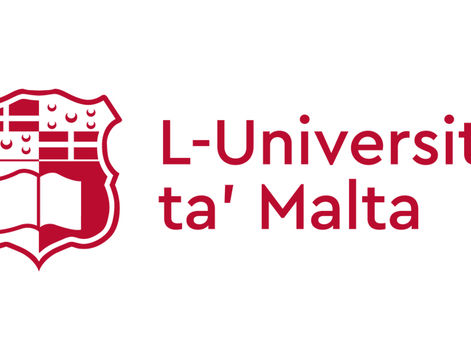First day focused on presentation of the PEAR (Piano Energetico Ambientale Regionale) to all the partners, presentation and sharing the results of Regional Policy Report, discussion about best practices, experiences’ exchange among Project Partners and stakeholders and visit to sites of interest. The second day consisted of Steering Committee discussion about reporting activities, communication and work plan about upcoming semester.
Molise Region is set to improve and encourage the use of renewable sources within its territory, through the Regional Operational Programme 2014-2020. The concept of this International meeting is to define near zero CO2 emission buildings due to energy use (NZCO2EB) and present the various benefits which result from this type of building, try to design state-of-the art policies, which will aim at promoting NZCO2EB at the local, regional and national level so to promote cooperation between Partners and stakeholders.
The following was discussed at the ZEROC02 3rd partner meeting -
to design state-of-the art policies
to promote cooperation between partners and stakeholders
to share the results of the Regional Policy Report
to exchange experiences and best practices
to discuss the work plan for the near future.
Participants:
Molise Region
Local Energy Agency Spodnje Podravje
Mediterranean Agronomic Institute of Chania
Municipality of Kaunas District
European Institute for Innovation
Thermopolis LTD
Agency for Sustainable Mediterranean Cities and Territories
University of Malta
Mr. Mario Ialenti, Head of Molise Region Office of European Territorial Cooperation, welcomed everybody and opened the meeting. Then he gave the floor to Mrs. Sandra Scarlatelli, Director of Energy Policies Programming Office of Molise Region, who also welcomed everybody and introduced the ZEROCO2 project partners and stakeholders and outlined the scheduled activities for the interregional meeting foreseen in Molise Region.
OVERVIEW OF THE PROJECT AND REGIONAL POLICY REPORT
Mrs. Tea Potocnik, the project manager from LEA Spodnje Podravje, Lead Partner of the project, gave a brief and quick overview of the ZEROCO2 project, its activities, the partnership, the expected outputs and results. Mrs. Scarlatelli took the floor and explained that each project’s partner is going to illustrate its own regional policies regarding the energy efficiency in public buildings, collected in the regional policy reports, elaborated by each partner. She presented Molise Region Policy Report and the REEP (Regional Environment Energy Plan) of Molise Region and took the opportunity to explain to the audience that the two best practices, presented in its own Report, will form part of the study visits.
Study Visits
Eng. Ferdinando Massarella, a designer of installations of the school gym of Ripalimosani, a best practice of Molise Region, was subject of the study visit, he showed the energy efficiency system carried out in the building, explaining technically the geothermal low enthalpy system. Partners then attended the study trip to Ripalimosani FIGC (Federazione Italiana Gioco Calcio) this was of particular interest to partner as it was a new build and not retrofit so many questions from partners were on the design and the actual in practice results.
Day 2 Steering committee & Stakeholder meetings
Mrs. Tea Potocnick opened the steering committee meeting and talked about the state of art of the project and explained the activities that had been carried out and the ones that must be completed before the end of the semester 2. Additionally, actions on communication and dissemination, project management activities and next stages of the project were discussed. Finally, Mr. Ioannis Vourdoubas, from MAICH provided information of the 4th partnership meeting to be held in Chania, Crete, Greece in September 2017 and Mrs Sandra Scarlatelli thanked everybody for coming to the Molise region meeting and for their efforts in the project overall. Mr. Chris Ashe, from the European Institute for Innovation, chaired the stakeholder meeting and welcomed the stakeholders to the meeting which was intended to provide their input as to what they expected from the ZEROCO2 project. A fruitful debate and discussion was held by all and Chris agreed that the project was not linear, rather it was complex and should consider specific policies at a regional/national level.
The following polices were brought to the attention of the group during the round-table:
Economic policy
Energy policy
Health policy
Procurement policy
Environmental policy
Taxation policy
